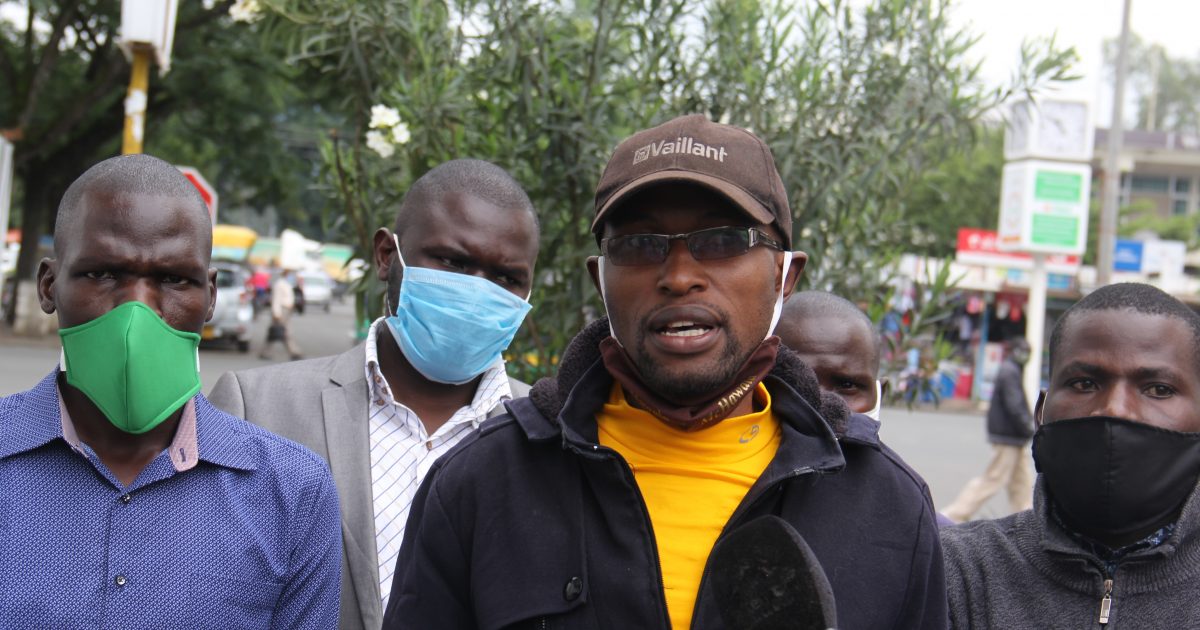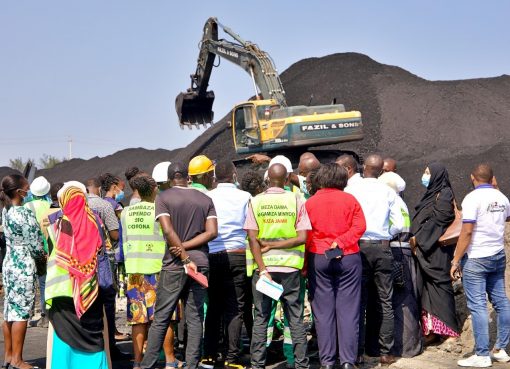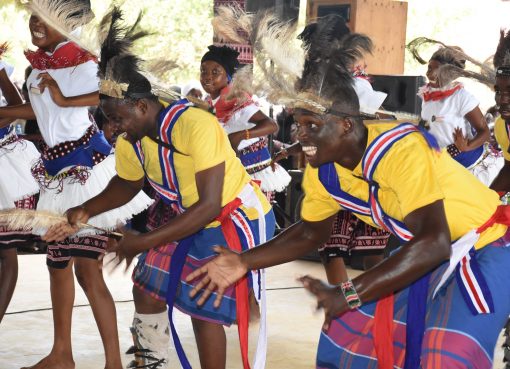The County Government of Nakuru will set up an emergency kitty to cushion teachers working in private institutions from economic shocks following closure of schools in the wake of the Covid-19 pandemic.
Governor Lee Kinyanjui said the plight of teaching staff in private schools had been overlooked as institutions facing financial crises had resorted to sacking their teachers and staff.
Some institutions, he observed were asking their workers to take compulsory unpaid leave.
“With students at home, private schools are unable to sustain their workforce as they entirely depend on the school fees paid by parents. Life is hard for teachers and non-teaching staff of these institutions as most have not received their salaries since April.
My administration will work with the private schools to profile the most vulnerable and mobilise support to cushion them during this time. There is compelling need to address this category of workers in our society,” said Governor Kinyanjui.
In March this year President Uhuru Kenyatta ordered all schools , universities and tertiary institutions shut down to safeguard against the danger of the spread of the Covid-19 across the country, when the first cases were reported in Kenya.
Following the closure, 15 million primary and secondary school learners are now at home.
In a signed statement, governor Kinyanjui noted that teachers in private schools within the devolved unit had contributed immensely to education of the residents and added that, “it is time we stand with teachers. No teacher should go hungry while we watch.”
He said teachers in these institutions should be categorised as vulnerable persons adding that private schools, unlike public ones do not receive capitation funds from the government, a situation he said threatened their existence.
Last week teachers at private institutions in Nakuru petitioned both the county and national governments to establish an emergency fund that will cushion them from adverse economic effects caused by outbreak and spread of Covid-19.
The Private Schools Teachers Association of Kenya (PSTAK) Nakuru Chapter Secretary, Hawala Fredrick said the pay crisis had worsened after parents opposed a move by private school owners and managers seeking to have them continue paying fees following the unprecedented closure of learning institutions worldwide due to the coronavirus pandemic.
He further petitioned the national government to consider roping in non-teaching staff of the institutions into the Sh.40 billion programme that was set aside to cushion needy households in urban areas from economic shocks following reduced economic activity in the wake of Covid-19 outbreak.
Last month the state approved the use of the over Sh40 billion that will be raised from austerity measures effected at both national and county government levels, including cutting of international and domestic travel, and some Sh.2 billion recovered proceeds of corruption to cushion groups made vulnerable by effects of Covid-19.
The Private Schools Association Chief Executive, Peter Ndoro said the schools have developed a memorandum to be presented to the Ministry of Education on the financing of the institutions.
“It is going to be difficult to run these institutions without finances,” he said.
Ndoro said so far, some private institutions that had rented premises have not been able to pay rents.
He stated that there were more than 1,932 private secondary and 8,000 private primary schools in the country that were supplementing government’s public institutions in offering education to both local citizens and foreigners.
Most of the private schools are situated in urban regions of Nairobi, Mombasa, Kisumu, Eldoret, Nakuru, Machakos, Athi River, Kitengela and Nyeri, where parents can afford the high fees charged.
International schools have also been attracting many students, majorly from the elite class in society and diplomats.
According to this year’s school calendar, primary and secondary schools were scheduled to close by April 10.
Second term was scheduled to begin on May 4 and end on August 7 while third term was scheduled to start on August 31 and end on October 30th.
By Anne Mwale/Jane Ndiritu




